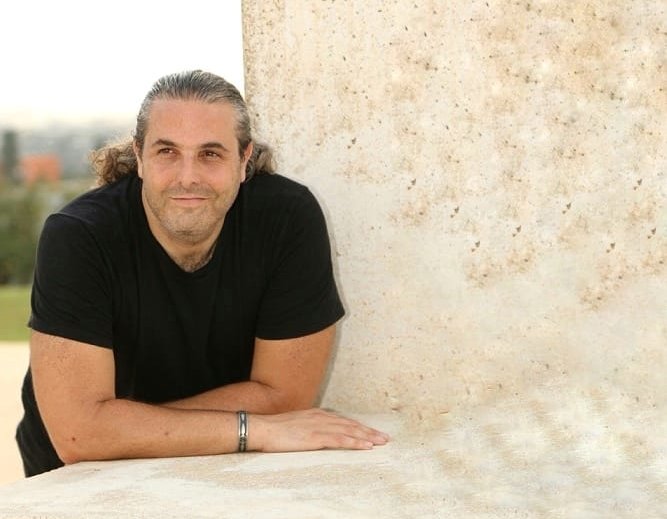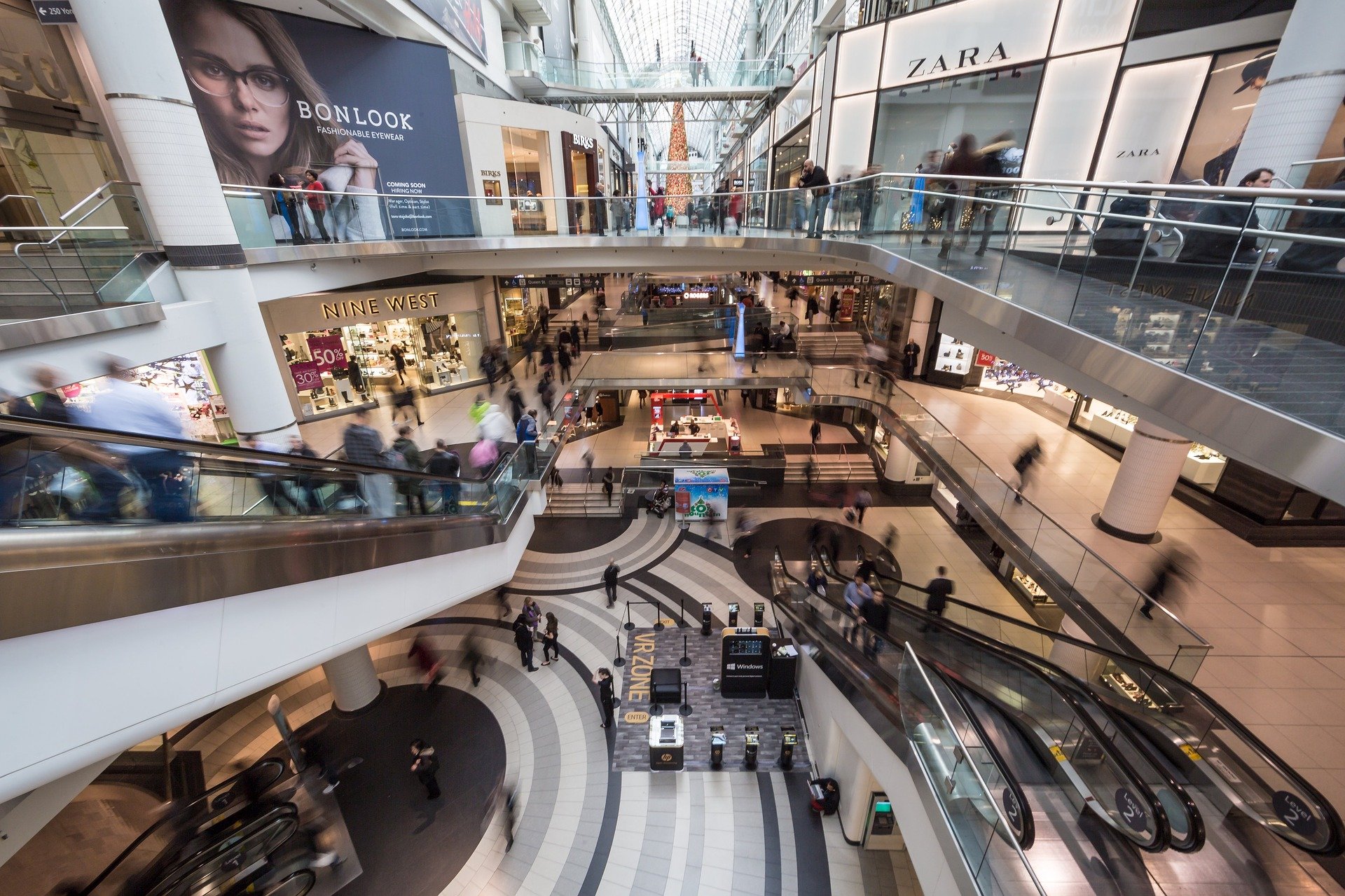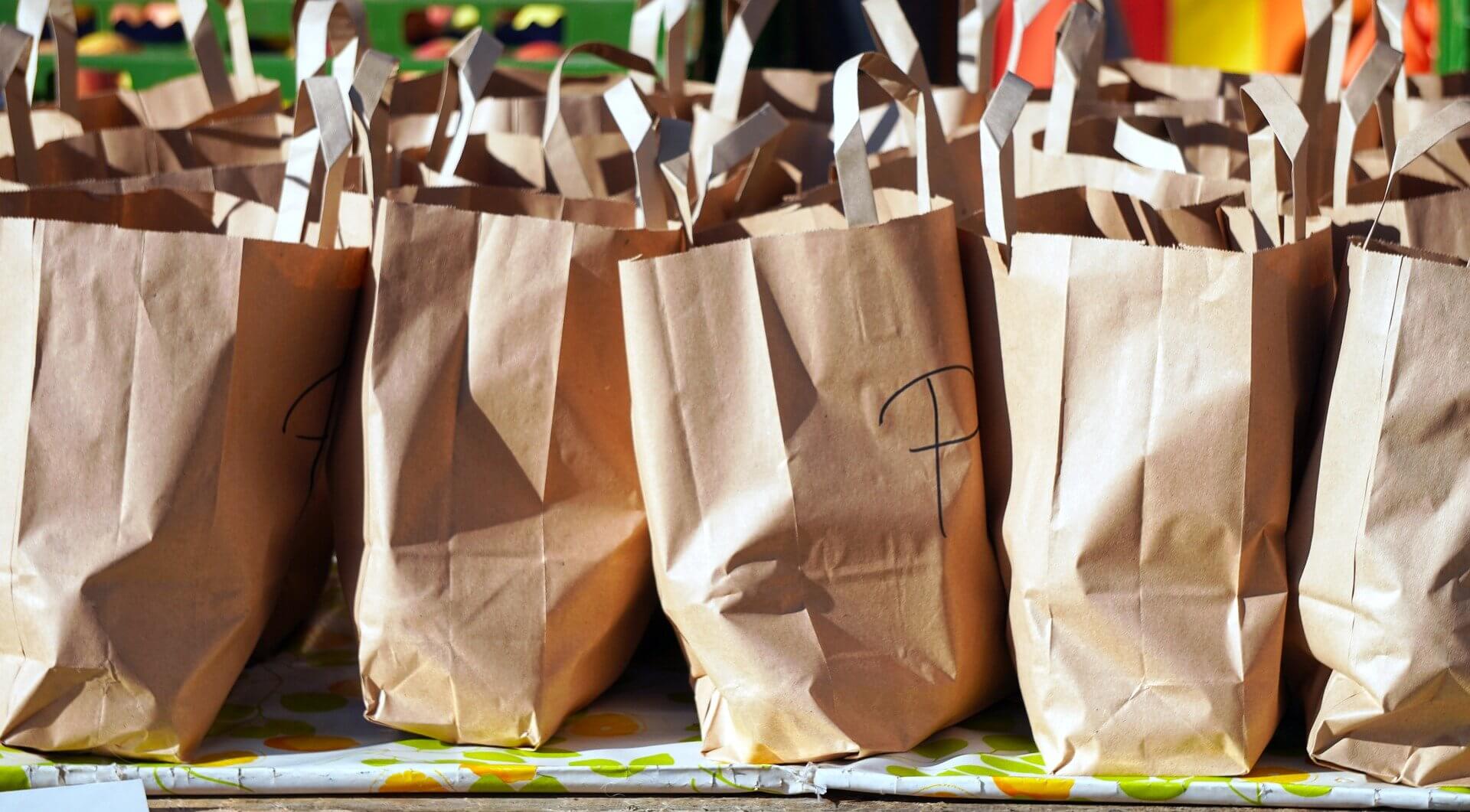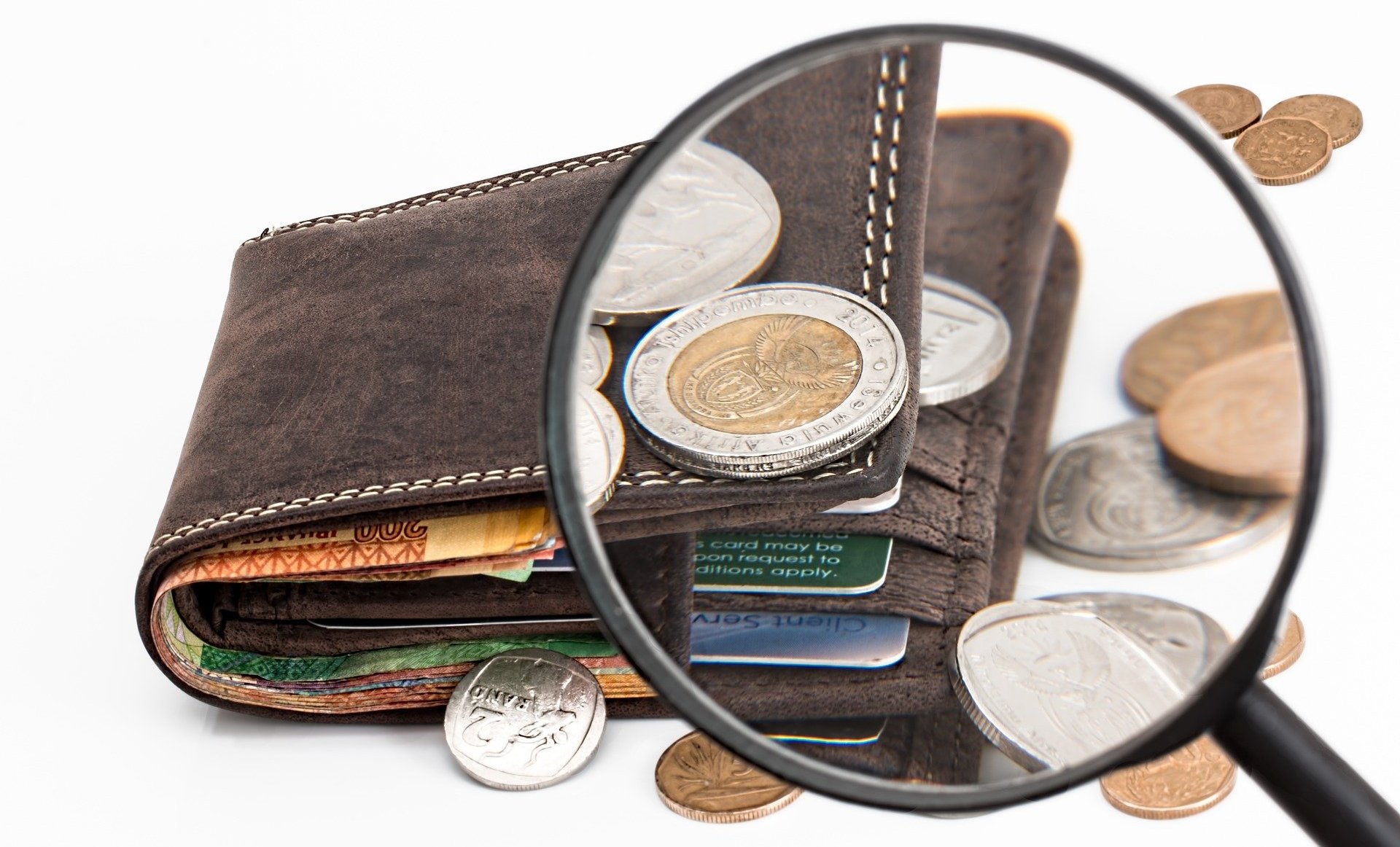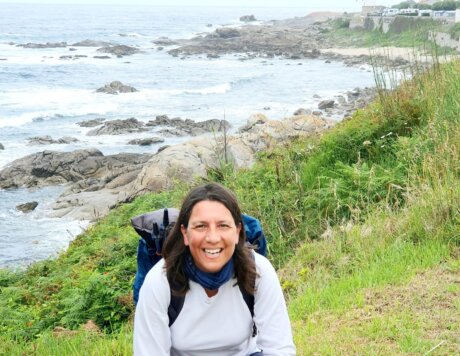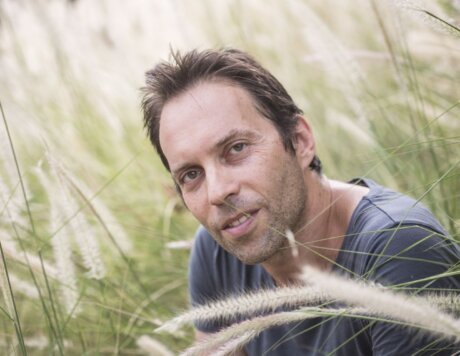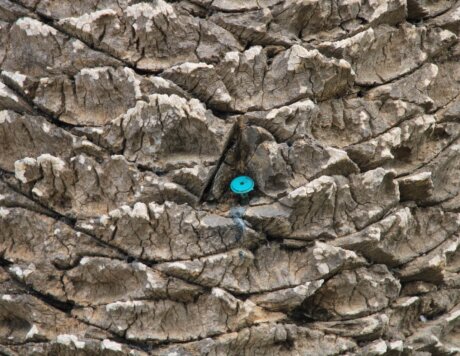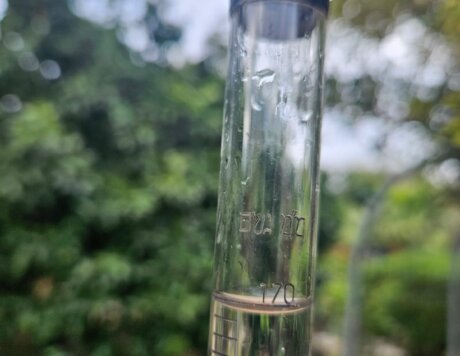If you went to the shopping centre and suddenly bumped into a group of teachers wandering around as part of a study tour, you probably bumped into the continuing education programme for educators led by Rohan Plaut, as part of our educational activity at Ramat Hanadiv.
The combination of wandering around a shopping centre with studying and education sounds a bit like an oxymoron – what can be learned in a shopping centre? So it turns out that a lot can be learned, at least with respect to our consumer habits, which we are generally unaware of. ‘To approach something familiar and examine it from a new perspective nearly always leads to significant insights,’ explains Rohan, whose mission is to effect a perceptual change among teaching staff and educators, with an emphasis on sustainability values.
The continuing education programme, The Pedagogy of Coca Cola, is taking place at Ramat Hanadiv as part of our continuing education programmes for school and preschool teachers that are offered to educators on the topics of sustainability and learning in nature, in which Rohan sheds light on the cultural stories that shape and influence us through the world of advertising.


